
- Project-oriented Sound Engineering Diploma in India.
- Pro Tools Specialist (100 Level) certifications included.
- Trainers certified by Avid, Ableton, SMAART, and Dante.
- In-depth understanding of both fundamental and advanced Sound Engineering concepts in Sound Engineering Diploma.
- Pioneering Game Audio curriculum, the first of its kind.
- Comprehensive program incorporating the Integration of Audio with Game Engine.
- Hands-on training in Dolby ATMOS recording and mixing studios.
- Access to Eventide plugin-equipped Media Production lab facility.
- Events like Music Production Week and Sound Conclave integrated into the Sound Engineering Diploma.
- Internship opportunities and placement support post - Diploma in Sound Engineering course completion in India.
Semester 1
- Oral and Written Communication
- Fundamentals of Digital Audio and Networking
- Foundation of Audio Technology
- Introduction to Audio Equipment and Routing
- Pro Tools 100
- Project: Studio Recording Techniques
- Ableton Live
- Music Theory and Composition
Semester 2
- Principles of Live Sound Engineering
- Digital Music Production
- Project: Field Recording Techniques
- Sound Design for Motion Pictures
- Game Audio Integration
- Mixing and Mastering
- Dolby ATMOS Mixing Techniques
- Studio Acoustics and Design
No Certifications Available For Selected Course.
| Skill Category | Skill Acquired |
|---|
- Audio Engineer
- Sound Designer
- Recording Engineer
- Mixing Engineer
- Mastering Engineer
- Live Sound Engineer
- Studio Engineer
- Sound Technician
- Acoustic Engineer
- Broadcast Engineer
- Audio Producer
- Foley Artist
- Music Producer
- Game Audio Engineer
- Post-Production Engineer
- Broadcast Sound Operator
- Sound Editor
- Dialogue Editor
- Re-Recording Mixer
- Audio Programmer
- Film Sound Engineer
- Location Sound Recordist
- Podcast Sound Engineer
- AV Systems Engineer
Sound Engineering is mix of creative and technical processes. The creative process lies in capturing sound either in the studio or on location. The technical process involves mixing the sound either in a stereo mix or a surround sound mix for the theatre audience.
No, it’s not mandatory. But if you have one, that can be helpful.
A batch will have at most 40 students. By maintaining a limited student count per batch, the student-faculty ratio and lab sessions are kept under control.
We offer a Degree, Diploma, Certification, and other short courses in sound engineering and B. Sc. or B.A., depending on the campus that you choose to study with us.
No. We do not teach any musical instruments.
Our labs and studios are open for students during work hours on all working days except public holidays.
Yes, we offer internship opportunities for students, along with comprehensive placement assistance.
We do not offer any scholarships, but we have flexible payment plans. For further details, please feel free to connect with our team.
Yes. There are certain elective subjects in some of the semesters.
The duration for our diploma course is 1 year, and that of the degree course is 3 years.
You'll need a decent-specification laptop, monitoring headphones, and a hard drive to store the projects.
To enroll in a diploma in sound engineering in Pune, the eligibility is the completion of your 12th board. You can either choose to enroll in a B.Sc in Sound Engineering or a Diploma in Sound Engineering after 12th.
As Seamedu offers a diploma in sound engineering courses at Pune campus, you will have to contact the campus to understand the course's updated fee structure and duration.
Contact the institute for the latest updates about scholarships and discounts.
Our diploma in sound engineering offers students an overview of the latest sound engineering software with a focus on advanced software like Pro Tools and Ableton Live.
The essential requirement of a sound engineering course is completing your 10+2 levels.
A B.Sc. in Sound Engineering is one of the best 3-year undergraduate courses for sound engineering. If you are looking for a shorter course, you can choose a diploma in sound engineering that briefly introduces the field and teaches you the essential skills needed for this industry.
The projected growth of employment in the field of video, broadcast, and sound technicians is around 10% from 2021 to 2031. This high industry growth rate will open up an estimated 13,200 new jobs every year for the next decade.
While knowledge of sound engineering software is essential for a career as a sound engineer, you do not need to have any coding skills for success in this field.
A degree or diploma in sound engineering is always preferred over certificate courses, as they are more in-depth and give you most of the skills necessary to succeed in this industry.
The film and television industries are two top recruiters for sound engineering. However, those who complete their diploma in sound engineering can also find jobs in advertising, animation, and multimedia.
The average salary for a sound engineer in India is INR 3.6 LPA, with salaries ranging from INR 1.2 LPA to INR 8.5 LPA depending on your experience and expertise.
The average salary for a sound engineer in India is INR 3.6 LPA, with salaries ranging from INR 1.2 LPA to INR 8.5 LPA depending on your experience and expertise.
Here is a list of audio tools that A sound engineer needs in their arsenal.
• Computer
• Headphones
• Audio interfaces
• Microphones
• Studio monitors
• Control surfaces
To start a sound engineering career, you need to:
- Research the sound engineering specializations of interest
- Take relevant courses and complete diploma course
- Complete an internship under guidance from a professional sound engineer
- Earn international certifications to highlight your expertise
- Put your skills to work with personal and professional projects
- Stay on top of evolving sound technology and keep improving your skills
The most common roles and titles for a sound engineer include:
- Audio Engineer
- Sound Designer
- Recording Engineer
- Mixing Engineer
- Mastering Engineer
- Live Sound Engineer
- Studio Engineer
- Sound Technician
- Acoustic Engineer
- Broadcast Engineer
- Audio Producer
- Foley Artist
- Music Producer
- Game Audio Engineer
- Post-Production Engineer
- Broadcast Sound Operator
- Sound Editor
- Dialogue Editor
- Re-Recording Mixer
- Audio Programmer
- Film Sound Engineer
- Location Sound Recordist
- Podcast Sound Engineer
- AV Systems Engineer







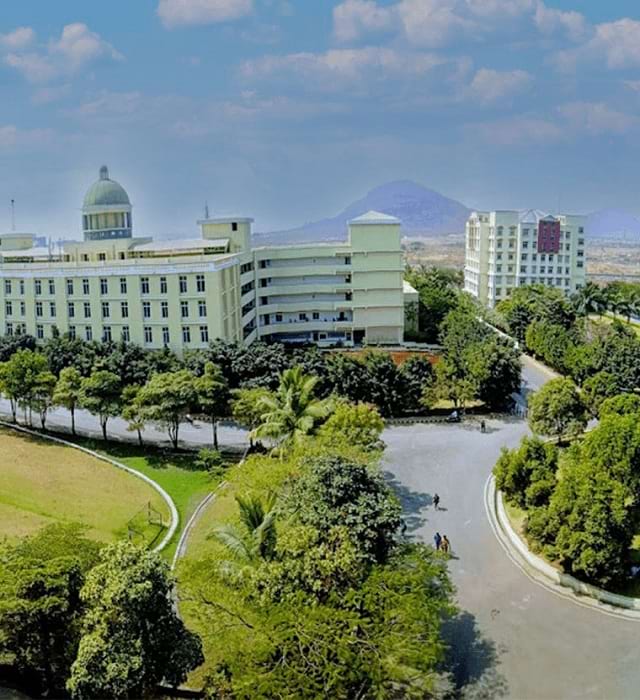
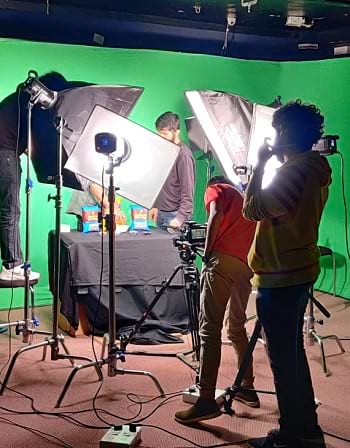
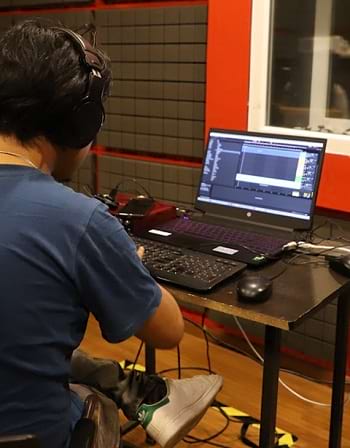
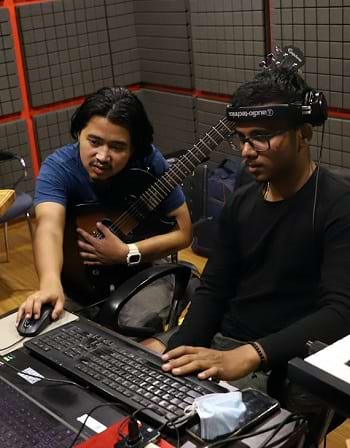
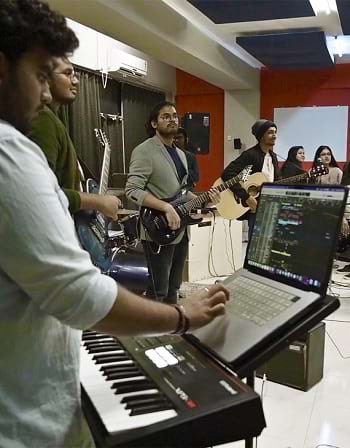
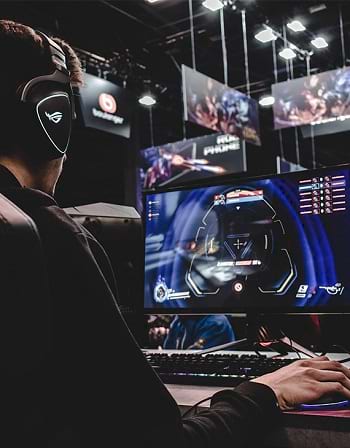
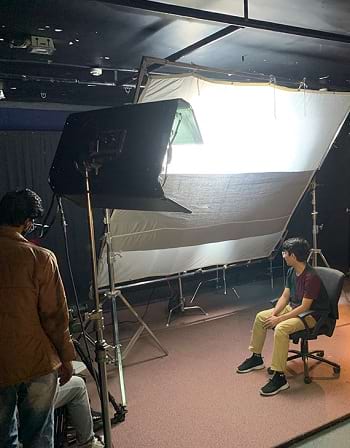
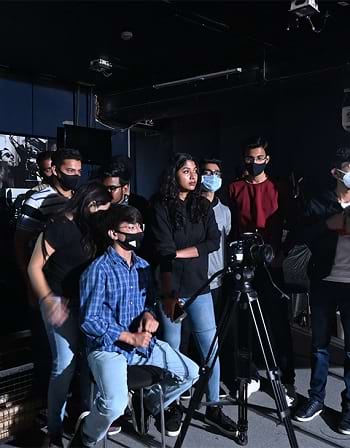
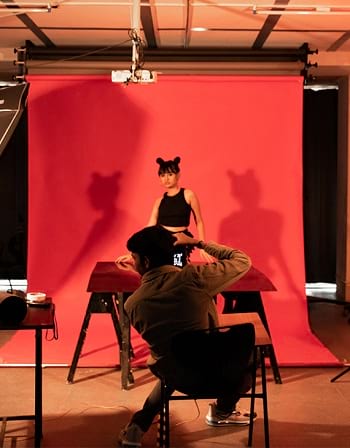
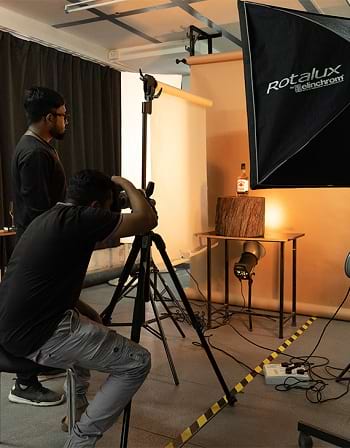
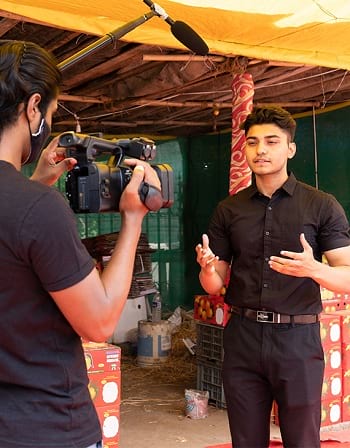
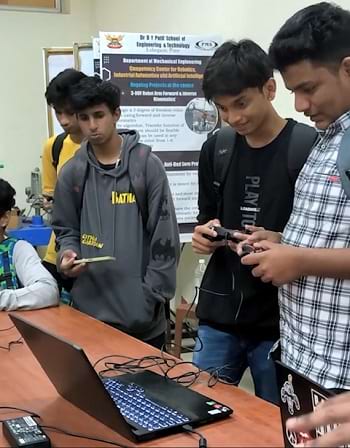
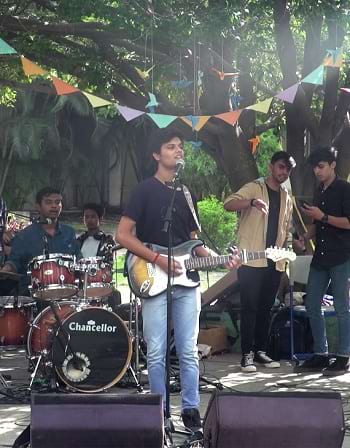
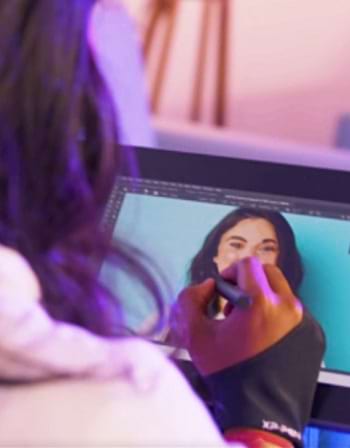
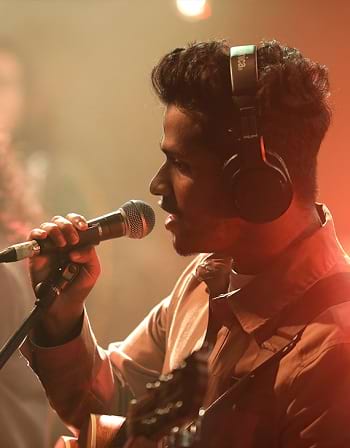
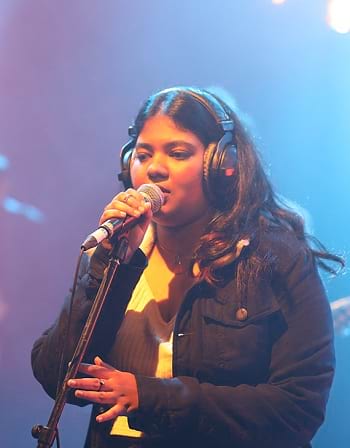
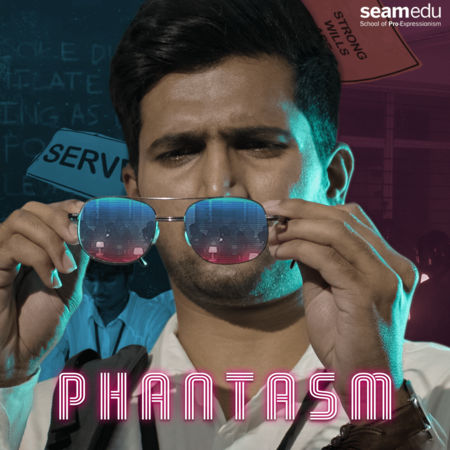

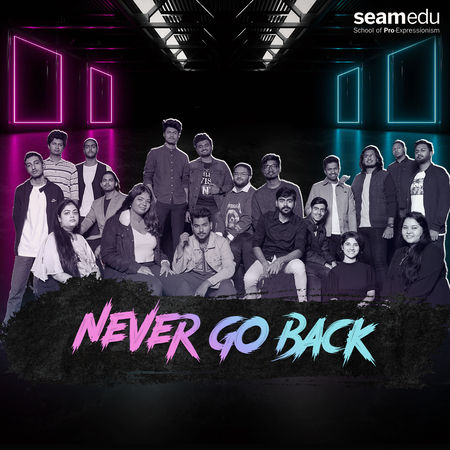
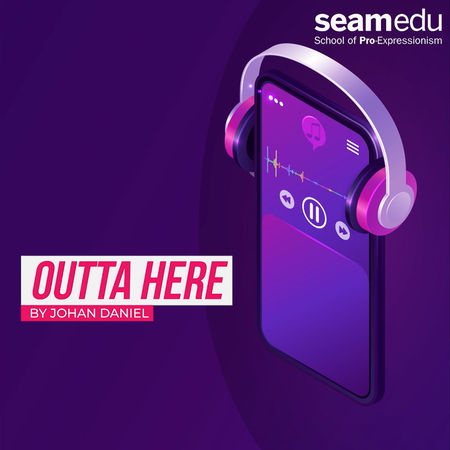

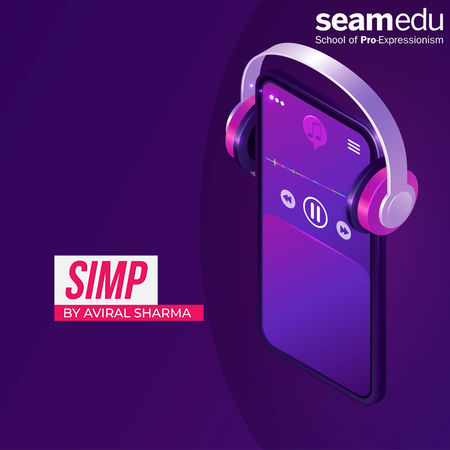

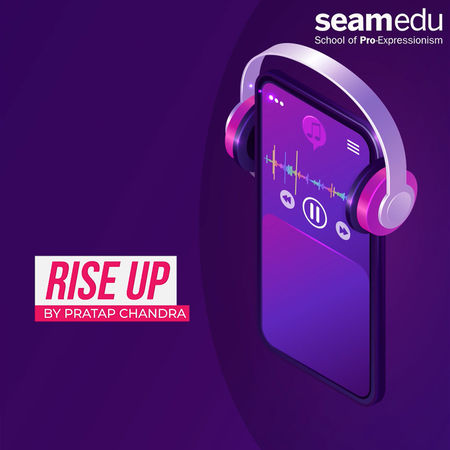


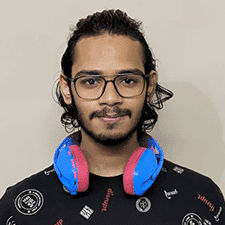
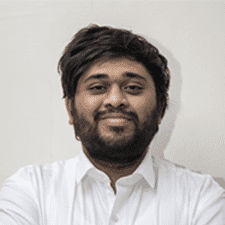






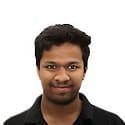





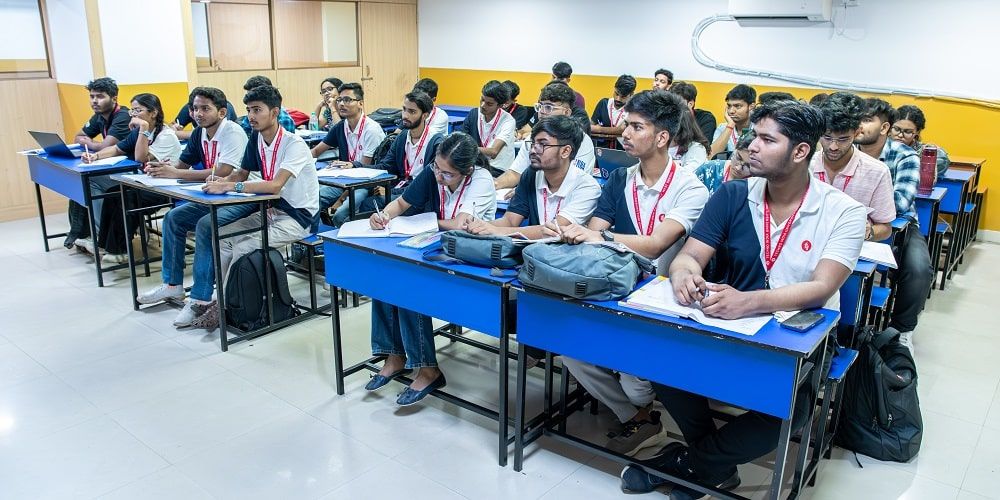
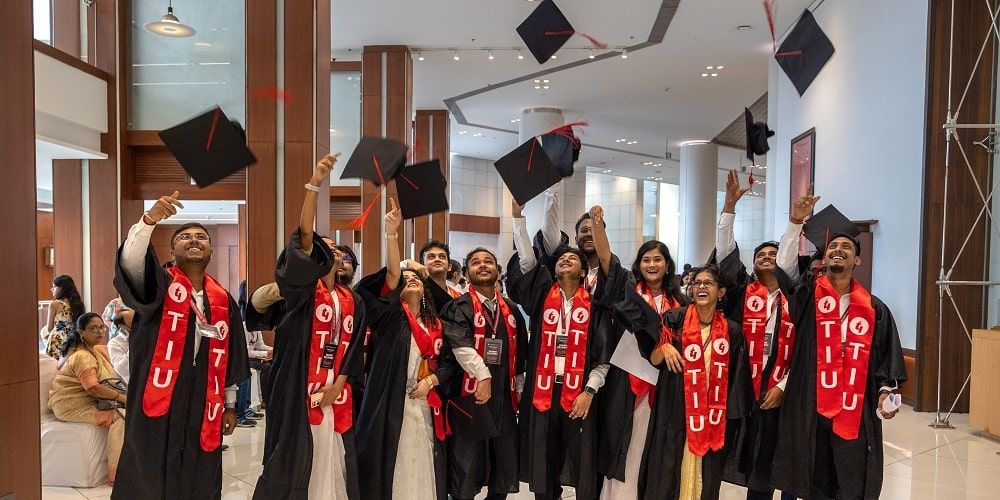
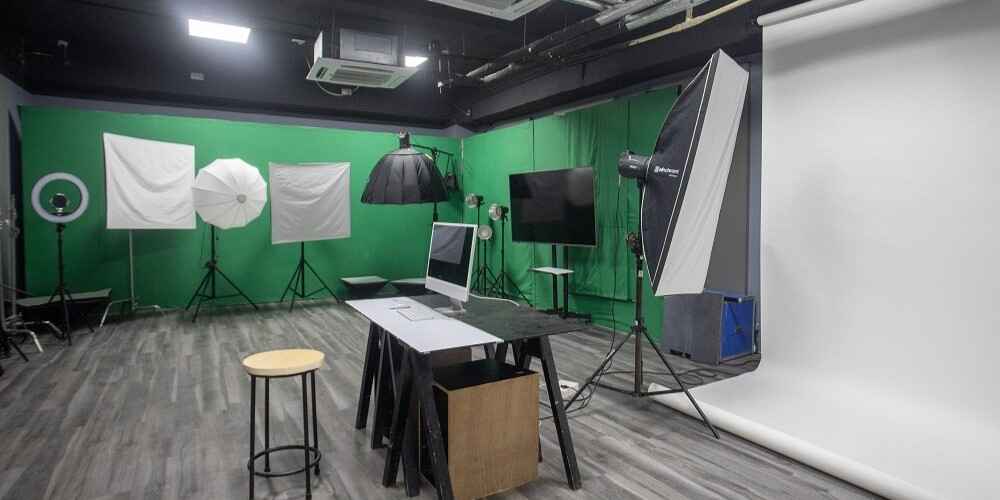
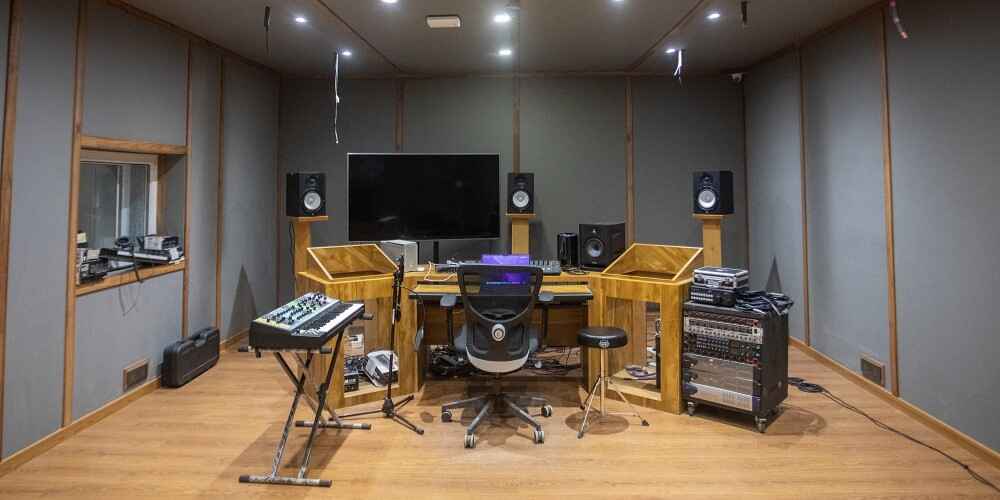
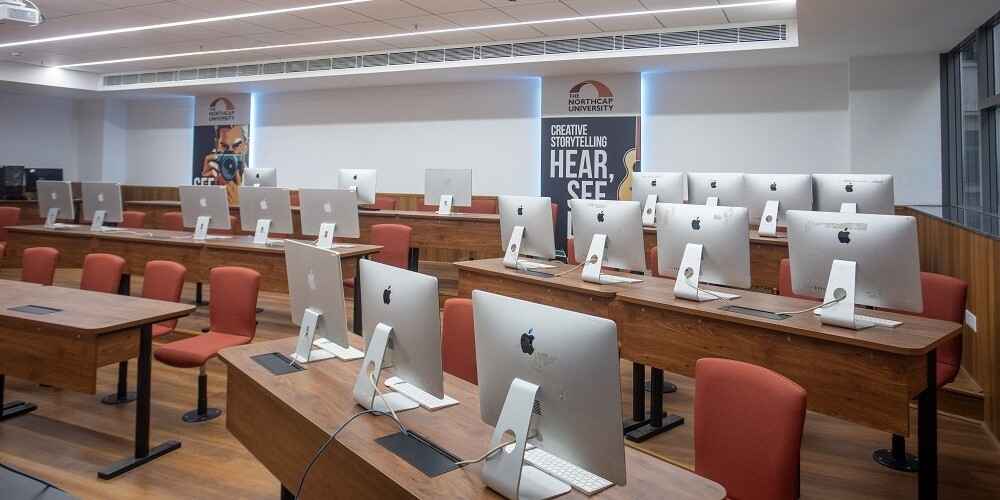
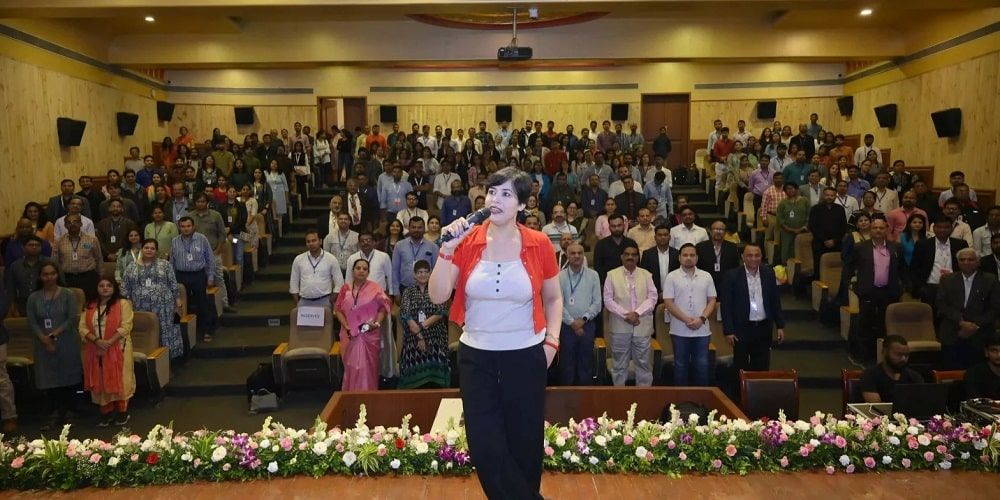
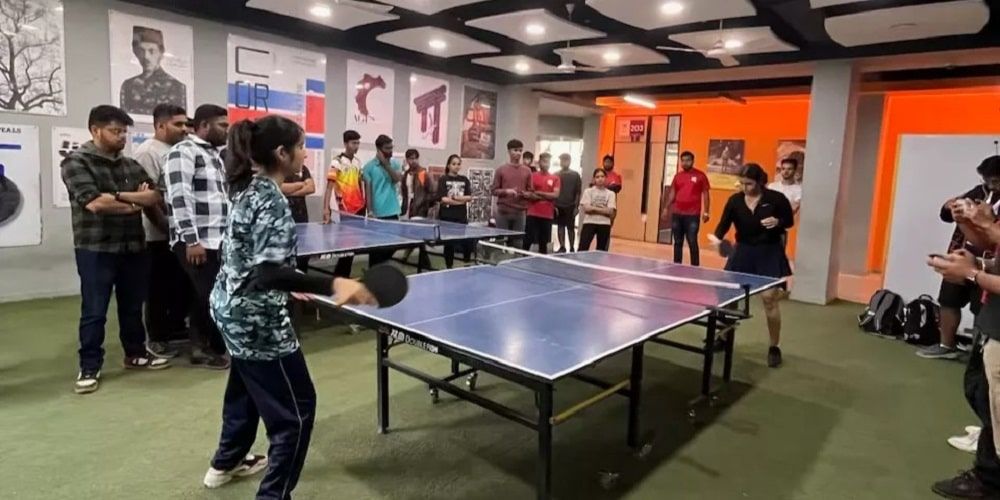


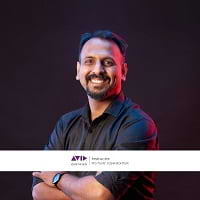
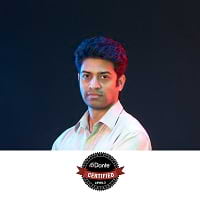
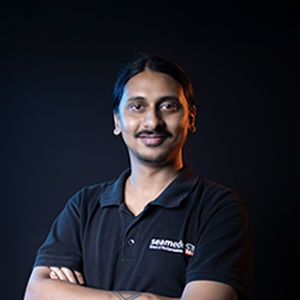
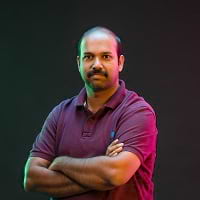
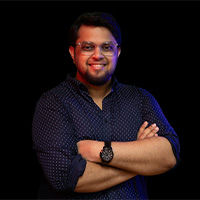
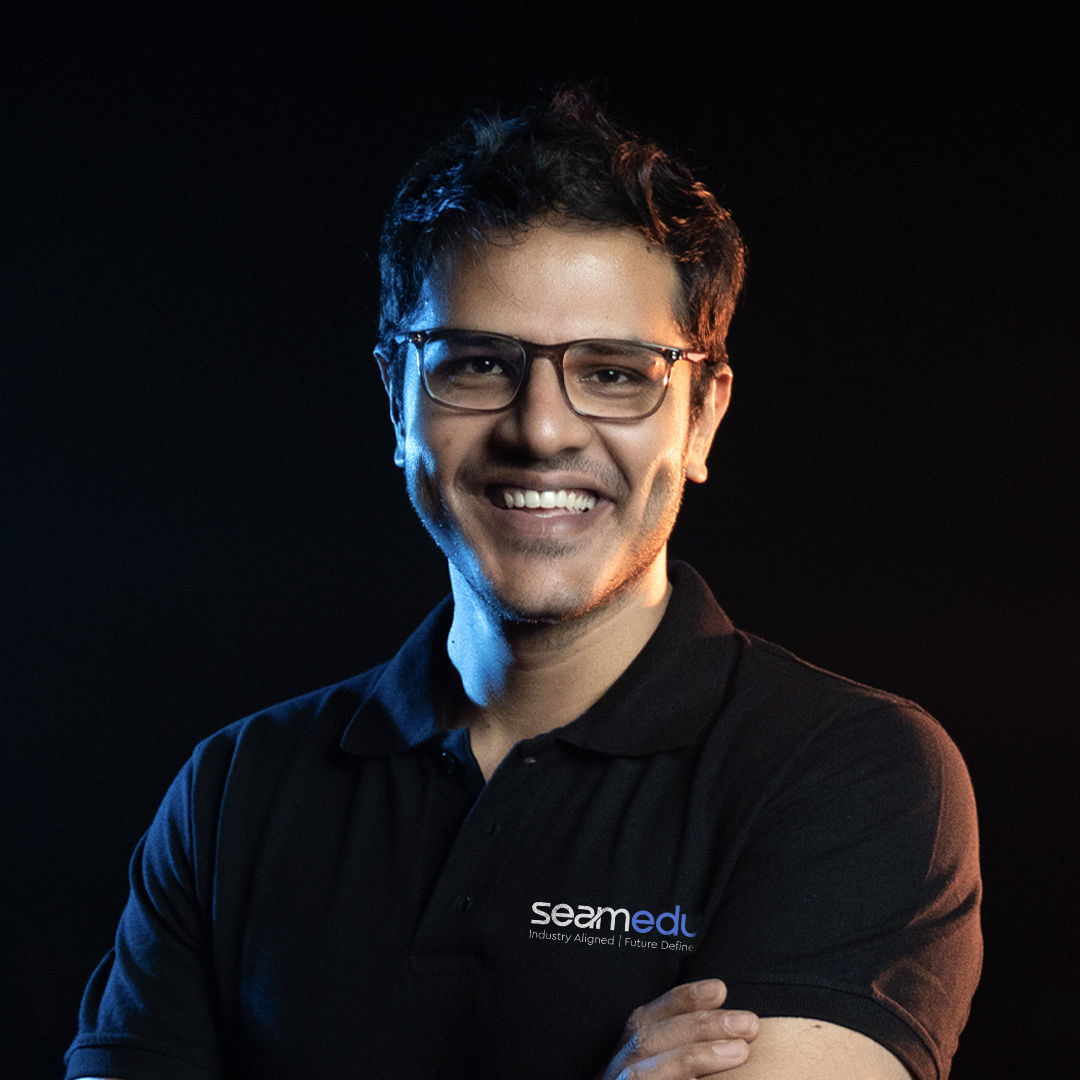

 info@seamedu.com
info@seamedu.com
 +91 9767220888
+91 9767220888


